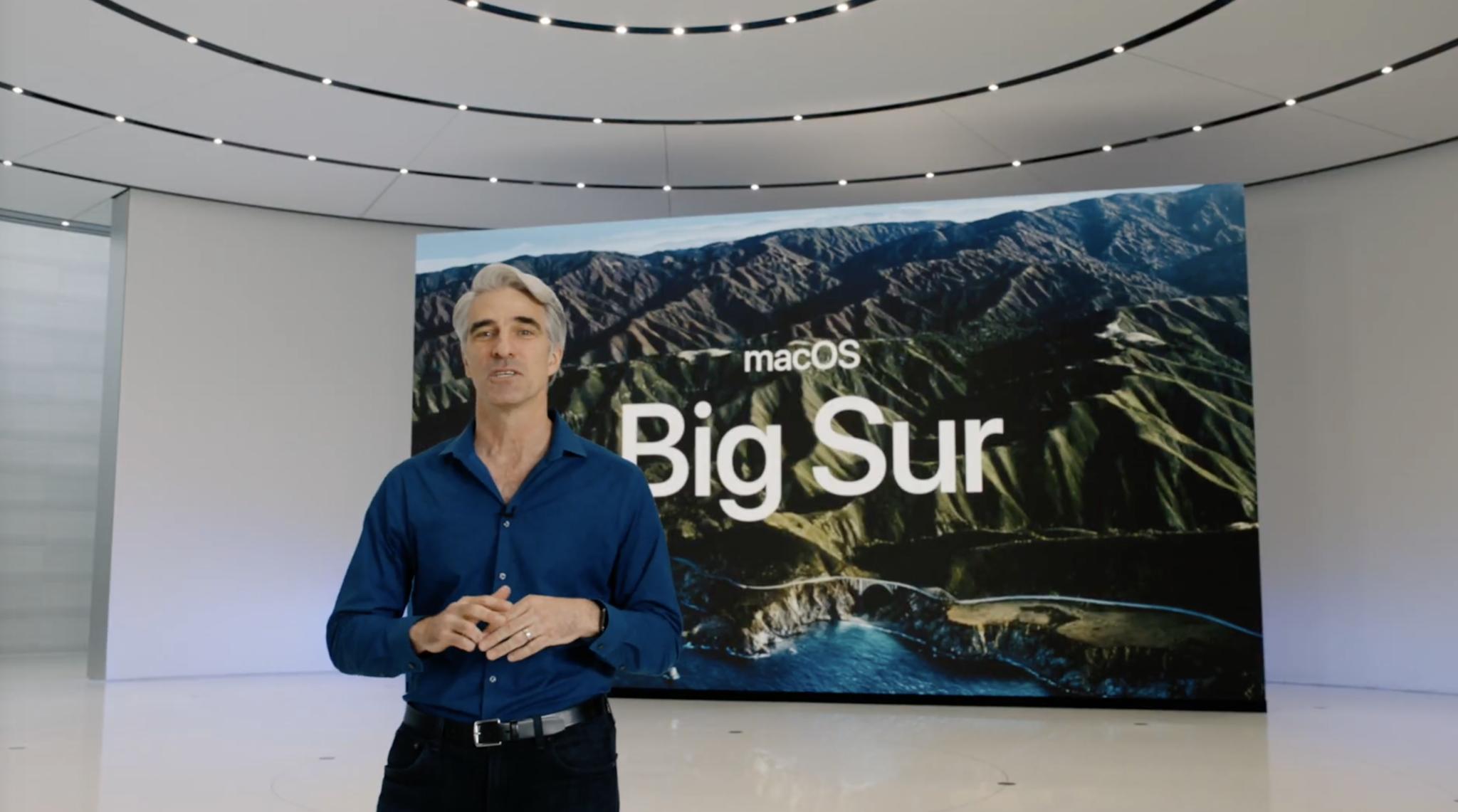Analyst claims Apple has a 10-year lead in wearables, and that's being kind

What you need to know
- Apple anayst Cybart says the company has a 10-year lead in wearables.
- Apple's focus on user experience is also standing it in good stead.
- Apple's renewed love affair with iPad and Mac isn't doing any harm, either.
Apple analyst Neil Cybert has a lengthy new Above Avalon post up in which he goes into detail about what makes Apple tick right now. And why it's set up to dominate moving forward. Nowhere more so than in the world of wearables.
According to Cybert, Apple currently has a huge lead over the competition. And that's being charitable.
Giving Apple a 10-year head start against the competition with wearables may end up giving too much credit to the competition. Excelling in wearables requires a corporate culture, product development process, and business model that few companies other than Apple possess. In many ways, Apple was built to excel in wearables. Apple should probably get used to being its own toughest competitor.
But it isn't just Apple Watch and AirPods that are doing the business for Apple right now. Cybart says that both Mac and iPad are benefitting by a renewed interest from within Apple after years of being pushed to the sidelines by iPhone and Apple Watch.
A few years ago, Apple was most aggressive with products capable of making technology more relevant and personal (iPhone and Apple Watch).The Apple Watch and iPhone were Apple's clear priorities while the iPad, Mac portables, and Mac desktops ended up facing a battle for management attention as if they were located at the end of the rope that was Apple management was pulling.Apple changed from a "pull" strategy in which some products like the iPad and Mac seemed to be having a hard time keeping up to a push strategy characterized by every major product category moving forward simultaneously. This shift appears to have been born in 2017, which would explain why we are still seeing the initial fruit of the effort. The iPad and Mac product categories have benefited the most from this revised "push" product strategy with more frequent and noteworthy updates.
What's more, Apple's focus on making a great experience rather than ensuring it's the first to a new technology is helping it stand out from the crowd, too.
Instead of defining innovation as either being first or doing something different, Apple looks at innovation as something that improves customers' lives. A major consequence of this has been software and hardware releases that have prioritized feature quality over quantity. This year's WWDC came in a full 20% shorter than previous keynotes.
While it's arguable that the keynote was shorter because of the change in format, the point still stands. Apple doesn't try to cram every new feature into every product just because it can – something Samsung's phones have often been accused of trying to do.
iMore offers spot-on advice and guidance from our team of experts, with decades of Apple device experience to lean on. Learn more with iMore!

Oliver Haslam has written about Apple and the wider technology business for more than a decade with bylines on How-To Geek, PC Mag, iDownloadBlog, and many more. He has also been published in print for Macworld, including cover stories. At iMore, Oliver is involved in daily news coverage and, not being short of opinions, has been known to 'explain' those thoughts in more detail, too.
Having grown up using PCs and spending far too much money on graphics card and flashy RAM, Oliver switched to the Mac with a G5 iMac and hasn't looked back. Since then he's seen the growth of the smartphone world, backed by iPhone, and new product categories come and go. Current expertise includes iOS, macOS, streaming services, and pretty much anything that has a battery or plugs into a wall. Oliver also covers mobile gaming for iMore, with Apple Arcade a particular focus. He's been gaming since the Atari 2600 days and still struggles to comprehend the fact he can play console quality titles on his pocket computer.
